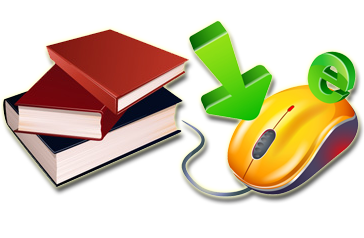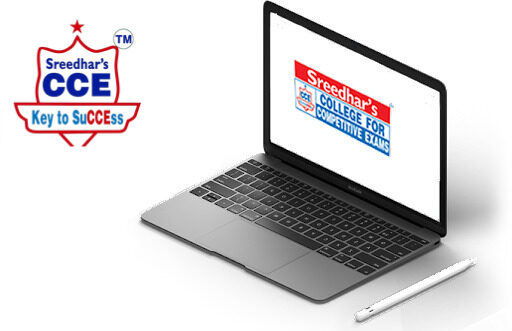The most dreaded month is finally here. The countdown to boards has begun. Due to the stress, and inactivity, one of the common mistakes that we make is that we throw our diet out of the window. Either we gorge on unhealthy food or start snacking or even sometimes just skip meals. But if you stop for a moment to think, just like if you’re exercising you got to eat a good diet, when you’re studying, you got to feed your powerful brain properly. Only then will it be able to function in its optimum capacity and manage the overload that you are giving it.
The board exams are like a brain marathon. You need to fuel it with proper food so that it is able to finish the race. Nutritionists emphasize the importance of healthy eating habits at this stressful time. They say the right food and drink can energize your system, improve your alertness and help you fight through the strenuous period. The wrong dietary choices can make you feel sluggish, jittery, or fatigued.
So here are some super foods for your super brain. Fruits.
Bananas and oranges are said to be some of the best revision helpers out there, because they give you energy at a slower rate, making you more productive in the long run. Apples cannot only keep the doctor away; they can keep the exam stress at bay too. Apples contain high levels of acetylcholine, increasing movement and sensory perception. Apples also reduce anxiety. Grapes are also good for you. So go fresh go fruits.
Turmeric.
Turmeric is a powerful anti-oxidant that has been widely recognized to help just about everything from fatigue to cancer. So next time your mom gives you a glass of turmeric milk, don’t say no.
Vegetables
Eating your portion of five meals a day is essential if you’re planning on getting the grades. Even if you’re not too keen on your greens (and if you are, you should be buying spinach by the truck-load as it’s packed with iron), you can pick from a variety of other legumes. Soya is really good for you, as it helps with your memory. Other vegetables that are good brain food include kidney beans, chickpeas and lentils. The more the merrier, basically!
Fish and eggs
Packed with Omega-3 oils, fish is a staple for all bookworms. It acts as a memory booster too. A large part of the brain is made up of omega-3 fats, making them vital for healthy brain function. In fact
60% of the fats in the brain are omega-3 with DHA, a type of omega-3 fat found in fish, being the main type. The omega-3 oils protect the brain from declining mental skills and memory loss. Coming to eggs the protein and nutrients in eggs help you concentrate. You get a huge influx of vitamins,
minerals, and fats in one single egg. Research shows that eating one egg per day can lower heart disease, cancer, and fatigue and also fill you up.
Nuts and oats
Packed with nutrients, fats, and a tiny bit of carbs, these foods are nature’s energy packages. They are easy to eat, easy to incorporate into other healthy foods, and easily portable. Almonds and walnuts are particularly good for your memory. Oats are also really good for you, as they give you energy. So when you are flipping through the NCERT textbook solutions, you can munch on these too.
Water
Hydrate yourself to keep your brain at peace. Mental fatigue, memory problems, and mental confusion can result when the brain isn’t properly hydrated. Don’t underestimate the importance of water owing to its easy availability. It supports healthy brain cells, improves concentration, helps to balance mood and emotions, eliminates toxins and free radicals from your blood and improves blood flow and oxygen to the brain.





